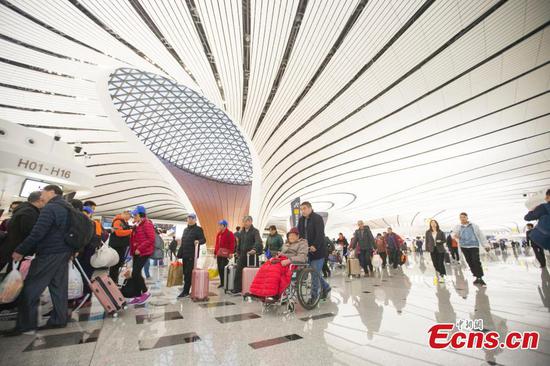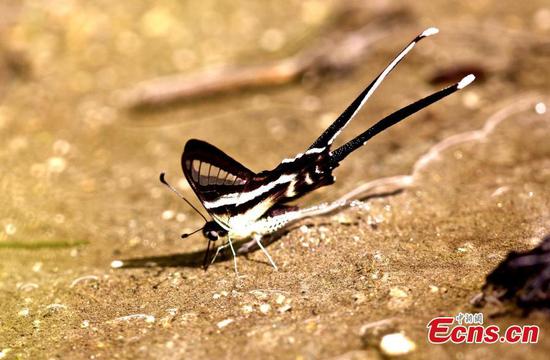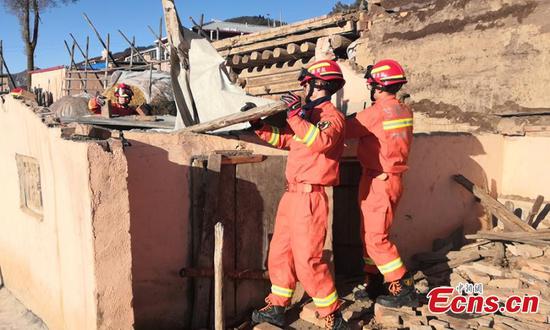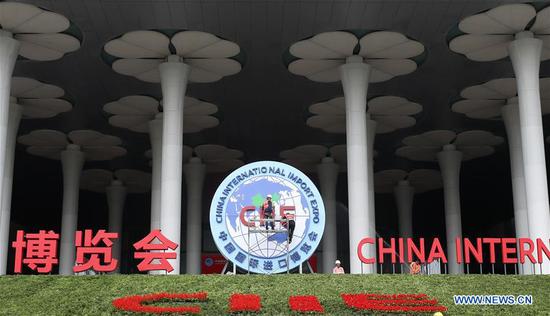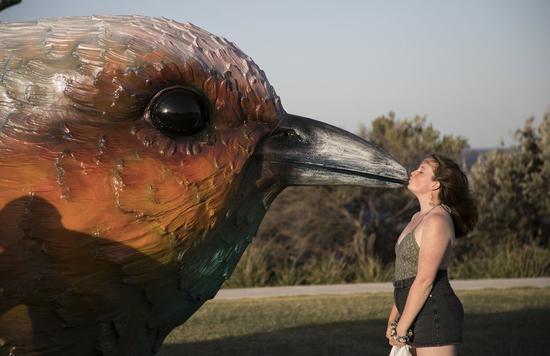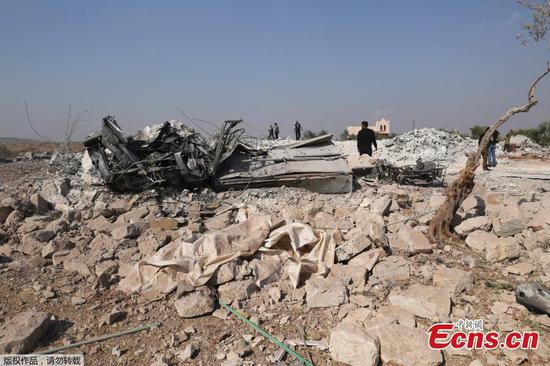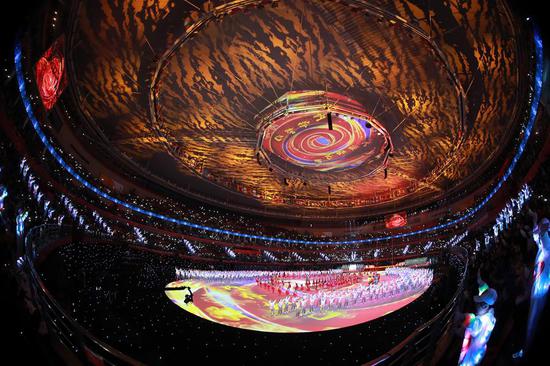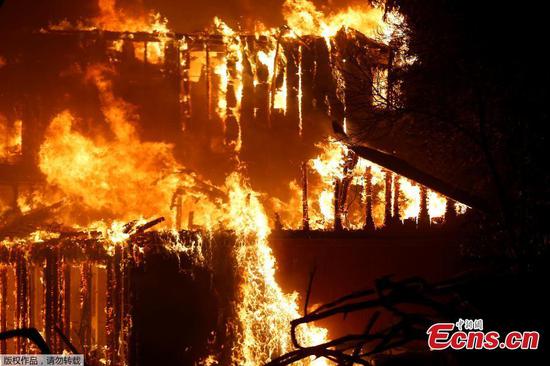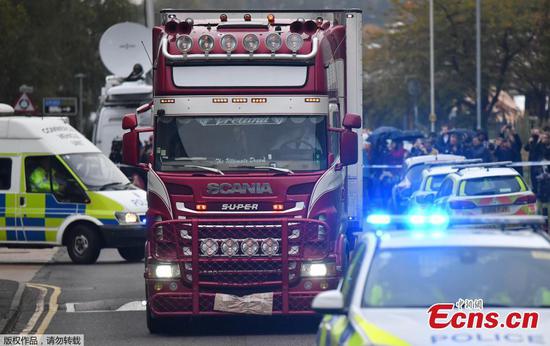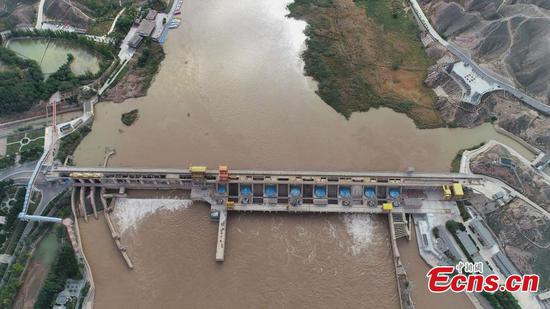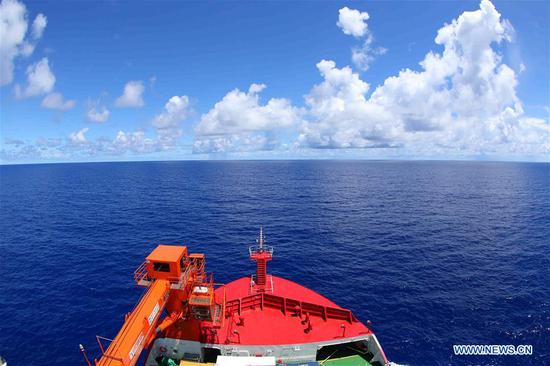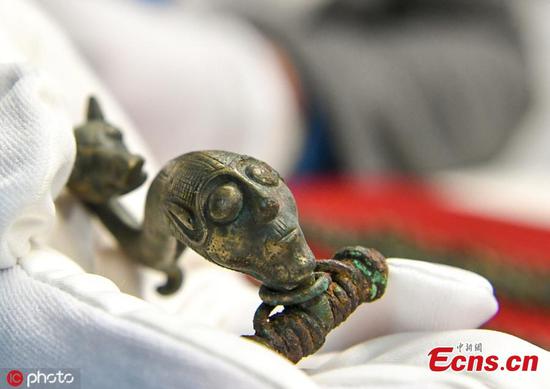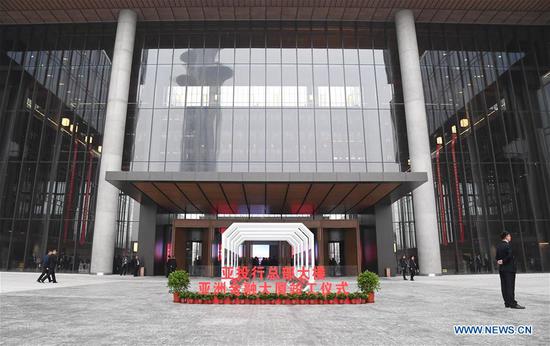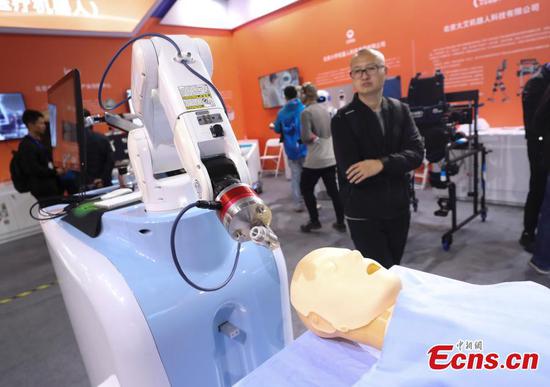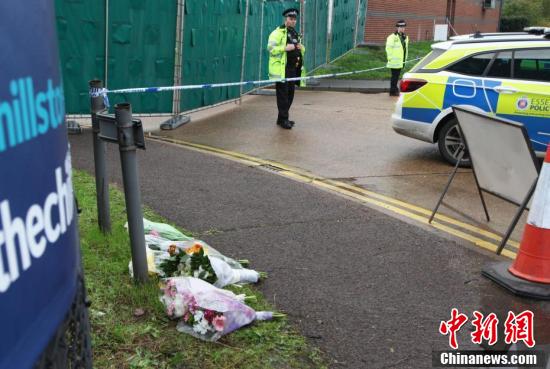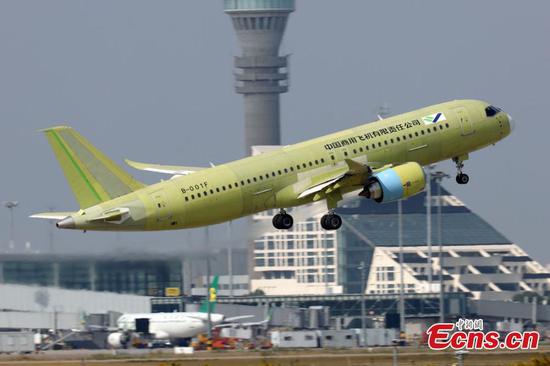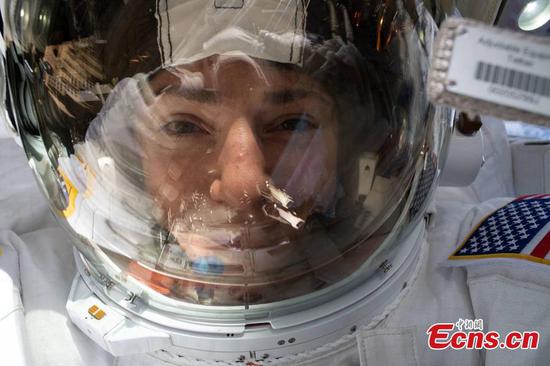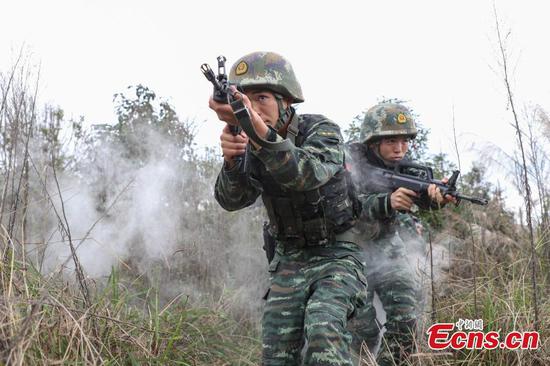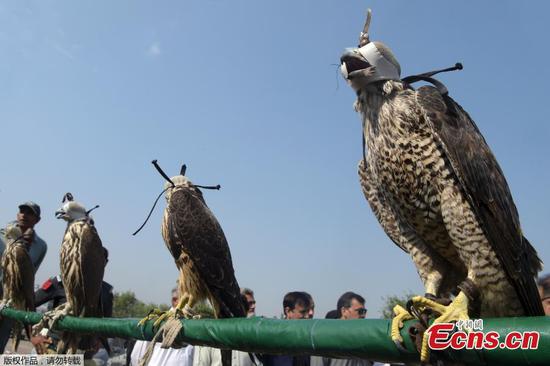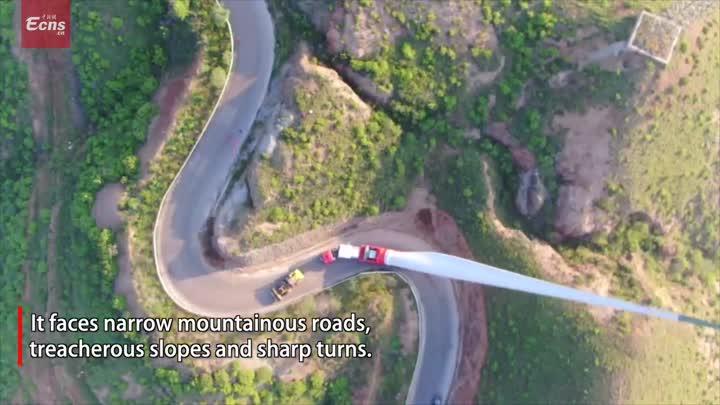Certification questioned
The Lion Air and Ethiopian Airlines crashes changed everything. In April, the FAA asked regulators from nine countries, including China, to take part in the Joint Authorities Technical Review, or JATR, of the US regulator's oversight and approval of the MAX's automated anti-stall device, the MCAS.
The JATR found that the FAA evaluated the anti-stall device piecemeal without regard to its overall performance, making it difficult to determine if it complied with regulations.
In its 69-page report, the review stated, "MCAS was not evaluated as a complete integrated function in the certification documents submitted to the FAA. The lack of unified top-down development and evaluation of the system function and its safety analyses, combined with the extensive fragmented documentation, made it difficult to assess whether compliance was fully demonstrated."
James Hall, managing partner of Hall & Associates in Washington and former chairman of the National Transportation Safety Board, has consistently criticized the self-certification procedure for giving too much authority to Boeing and, in effect, allowing the manufacturer to certify its own aircraft.
"I hope (the US) Congress will limit the delegation of responsibility without active oversight in future reviews," he said.
But Mann, from R.W. Mann & Co, said innovations in the aircraft industry often outpace the ability of regulators to evaluate them. It therefore made sense for Boeing to take part in the review. The key is balance and oversight.
"This is a shared issue between Boeing and the FAA," Mann added.
The JATR said that to assure safety, the FAA needs to reform its practice of delegating key parts of certification to industry engineers.
"With adequate FAA engagement and oversight, the extent of delegation does not in itself compromise safety," the JATR report said. "However, in the Boeing 737 MAX program, the FAA had inadequate awareness of the MCAS function which, coupled with limited involvement, resulted in an inability of the FAA to provide an independent assessment of the adequacy of the Boeing-proposed certification activities associated with MCAS."
The FAA vowed to change the way aircraft are certified.
FAA Administrator Steve Dickson said in a statement: "I will review every recommendation and take appropriate action. We welcome the unvarnished and independent review. We are confident that our openness to these efforts will further bolster aviation safety worldwide."
Return to service
Boeing believes the MAX will return to service in the fourth quarter of this year, but nevertheless set aside $5 billion to cover costs arising from the plane being grounded. The three US airlines that fly MAX jets have cancelled flights using the plane through early January.
Pilots at Southwest Airlines, which has 34 MAXs, the largest operator of the plane in the US, believe the aircraft will not return to service until February — a month later than major US airlines expect and as much as two months later than the aircraft manufacturer's target.
Oscar Munoz, United Airlines' CEO, told CNBC "no one knows" when the plane will fly again.
The European Union Aviation Safety Agency, or EASA, said it would do its own testing on the MAX, rather than follow the FAA's lead. This almost certainly means further delay in recertifying the plane's return to service.
EASA's test flights will likely take place in December after testing by the FAA. Results will be shared with EU member nations so that the MAX can be cleared to enter the trading bloc's air space.
How these fixes are approved will determine how quickly the plane returns to service. If the MAX is considered a derivative of previous 737 models, approval is straightforward and should be completed quickly.
It would take at least 45 days to prepare the planes for flight after recertification. But if regulators determine that the updated MCAS changes basic handling of the aircraft, it could require certification as a new plane. That is likely be a lengthy and costly process, delaying a return, analysts said.
It is also unclear what additional training MAX pilots will have to undergo. Some regulators may require only a course based on computers, but others may demand simulator training, further delaying the plane's return.
Different regulators may approve a return to service at varying times and under different conditions. If so, this could create a staggered return and lead to international scheduling problems if one nation has recertified it but another has not.
In 2016, an instant-message exchange between a Boeing test pilot and a colleague appeared to criticize the performance of modifications to the MCAS system. News of the exchange drove Boeing's stock down, but the discussion centered on the performance of the flight simulator — not the MAX's anti-stall device.














